Abdi Nazemian is the author of Only This Beautiful Moment—winner of the 2024 Stonewall Award and 2024 Lambda Literary Award—and Like a Love Story, a Stonewall Honor Book and one of Time magazine’s 100 Best YA Books of All Time. He is also the author of the young adult novels Desert Echoes, The Chandler Legacies, and The Authentics. His novel The Walk-In Closet won the Lambda Literary Award for LGBT Debut Fiction. His screenwriting credits include the films The Artist’s Wife, The Quiet, and Menendez: Blood Brothers and the television series Ordinary Joe and The Village. He has been an executive producer and associate producer on numerous films, including Call Me by Your Name, Little Woods, and The House of Tomorrow. He lives in Los Angeles with his husband, their two children, and their dog, Disco. Find him online at abdinazemian.com.
The two primary reasons why I’m an author are often at odds. On the one hand, I do this work to write queer Iranians like me into existence, and doing so requires mining my personal experience to create fiction grounded in authenticity. On the other hand, I choose to write novels and not memoirs because as both a writer and reader, I find that fiction allows me to let go of the literal and challenge my capacity for empathic imagination.
As a reader, I am as curious as any other reader about what parts of a novel are autobiographical and where the author’s inspiration came from. But as an author, I know that expecting every author to answer these questions can be damaging and dangerous. It’s unfair of us to expect every artist to reveal their personal life to readers.
I didn’t fully understand the demands made of authors when I started writing books. My primary reason for pivoting from screenwriting to novels was a simple one: I had failed in bringing a truly personal story to the screen. Any script I wrote that focused on my cultural identity, and on my intersectional experience as a queer Iranian, was deemed too difficult to produce. I figured books might be an easier path to telling personal stories, and I was right. In fiction, I found a home for stories that are culturally specific and grounded in my pain, joy, and passions. I found my most fulfilling home in young adult fiction, thanks to a brave new generation that demanded authentic stories born from lived experience. The movement known as Ownvoices not only gifted me so many of the novels I love most but also inspired me to write the stories I needed to tell.
Starting with Like a Love Story, which is inspired by my coming-of-age as a queer Iranian immigrant in New York during the worst years of the AIDS crisis, every single one of my books has been inspired by a fraught, difficult, joyful chapter of my life. I followed Like a Love Story up with The Chandler Legacies, my fictional attempt to make sense of the best and worst aspects of my boarding school experience. After that came Only This Beautiful Moment, an intergenerational family saga of three Iranian men that unites queer and Iranian history. My next novel Desert Echoes was inspired by my journey of grief and healing after the death of my first boyfriend. And my latest, Exquisite Things, is inspired by the experience of Like a Love Story being widely banned, a full circle moment.
For each of these books, I wrote an Author’s Note detailing the lived inspirations for the fiction and laying bare the emotional journey I took in writing the story. Many readers single out these Author’s Notes as their favorite part of their reading experience, and I love that. I write them from the heart. I choose to write them, even though revealing personal details from my past challenges me. Perhaps I write these personal addenda because I was told to remain invisible for so long. I grew up in a time of shame, stigma, fear, silence.
I often think of the infamous words spoken at my alma mater Columbia University (who I have been deeply disappointed in lately, but that’s another essay…) by President Mahmoud Ahmadinejad in 2007, seven years before my first novel was published and became the first novel ever to center a gay Iranian male. In his speech, Ahmadinejad said, “In Iran we don’t have homosexuals like in your country. In Iran we don’t have this phenomenon.” He was wrong, of course. Iran has a queer community who cannot be as public and outspoken as I am, and it was my honor to depict them in Only This Beautiful Moment. When Ahmadinejad said those words, what he really meant is that queer Iranians were kept invisible by the government. His words reminded me of how often I felt invisible in my home and my community growing up, and of how the United States government of my youth (and of this horrible moment in our history) tried to shame my community into staying closeted and afraid.
Filling the silence with stories is why I write novels. Stories were my escape and my security blanket as a young immigrant moving from country to country. But not being able to find myself in a single book, movie or TV show made me feel like maybe I didn’t really exist, or at the very least like the world didn’t want me to exist. And that’s why I don’t mind writing Author’s Notes and personal essays like this one, no matter how uncomfortable they make me. Because I want the world to know that queer Iranians like me do indeed exist.
The great path of my life is revealing myself in a world that wanted me in the closet. But I’ve spoken to many authors who don’t share my desire for self-revelation and who choose fiction because it allows them to explore the themes that are close to their hearts without needing to open up all their personal wounds. Also, in many cases, authors can’t reveal every detail of themselves for their safety or that of their families. I hope this personal essay on the discomfort essays inspires anyone who reads it to realize that we as readers should never pressure authors to disclose private aspects of their identities, nor should publishers ever require it. No author should feel they have to detail their traumas, or put themselves or their family at risk, to get a work of fiction published. I enjoy an author’s note and a personal essay as much as the next reader, but I want the writing of them to be a choice, not a demand.
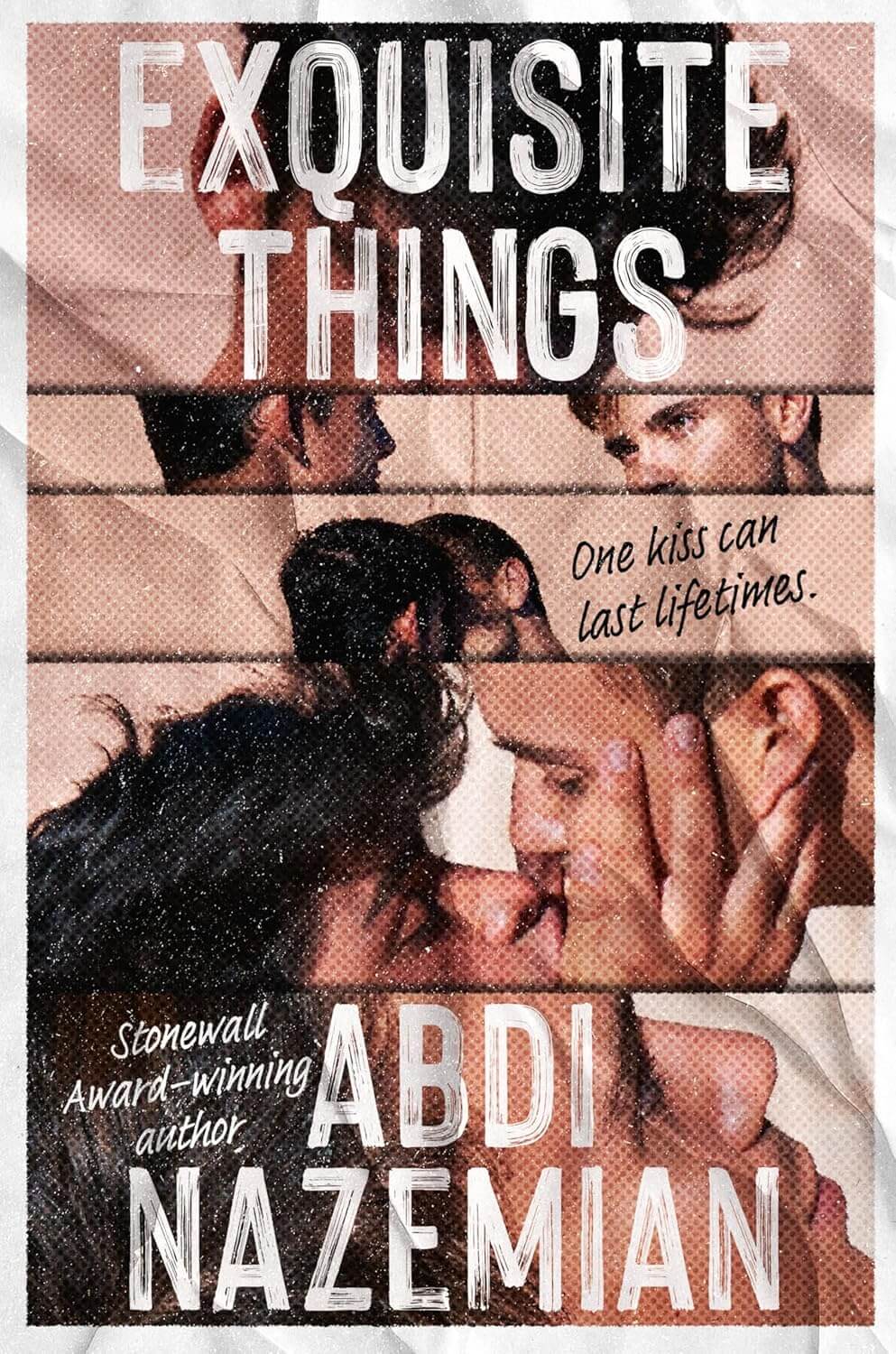
Exquisite Things by Abdi Nazemian
Shahriar is living in 1895 London in the wake of Oscar Wilde’s trial for gross indecency, and knows that who he is and who he loves must never see the light of day. Despite this, living freely as his true self remains his greatest wish. Upon a chance encounter one night, his wish is granted, and he becomes Bram. Oliver, however, lives on the other side of the ocean, and the other side of the century. In 1920’s Boston, he is also stuck loving in the dark until he is introduced to Harvard’s underground queer community. In this community, in this safety, he locks eyes with one mysterious but charming boy, and his fate is changed forever.
Buy the book now: Bookshop.org | Amazon | Barnes & Noble

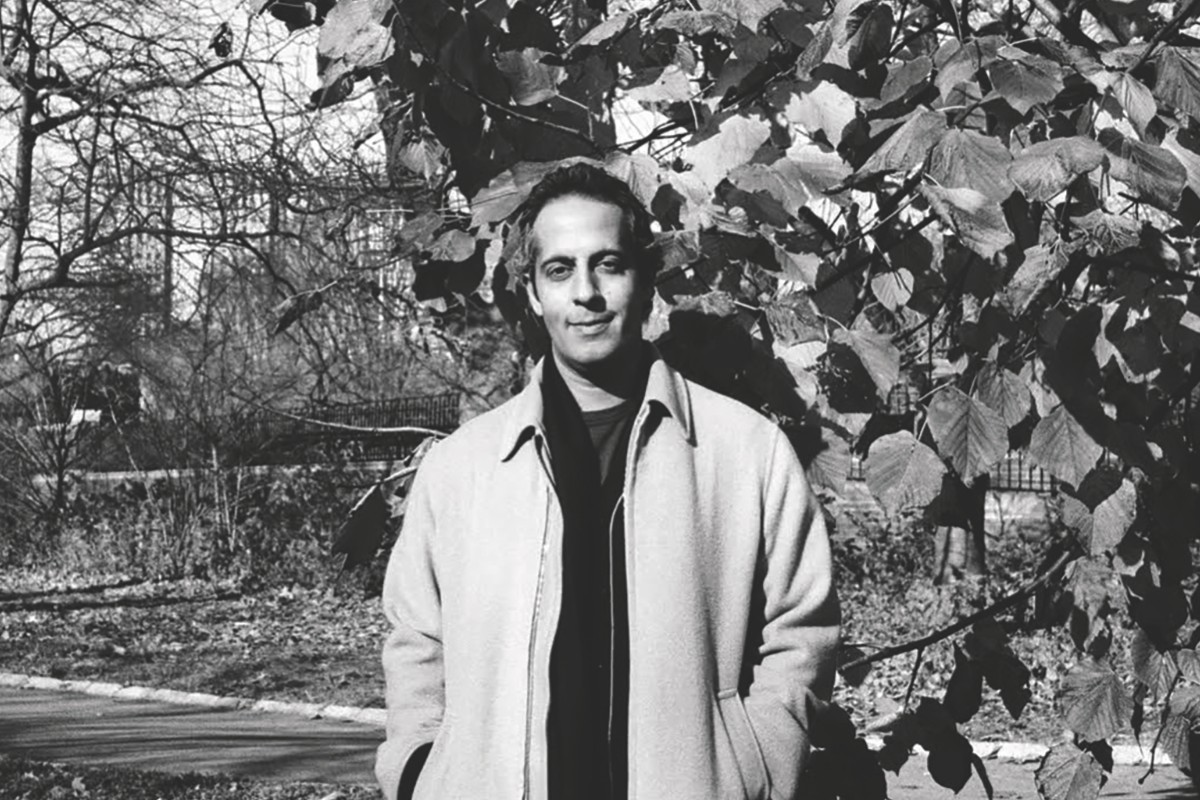


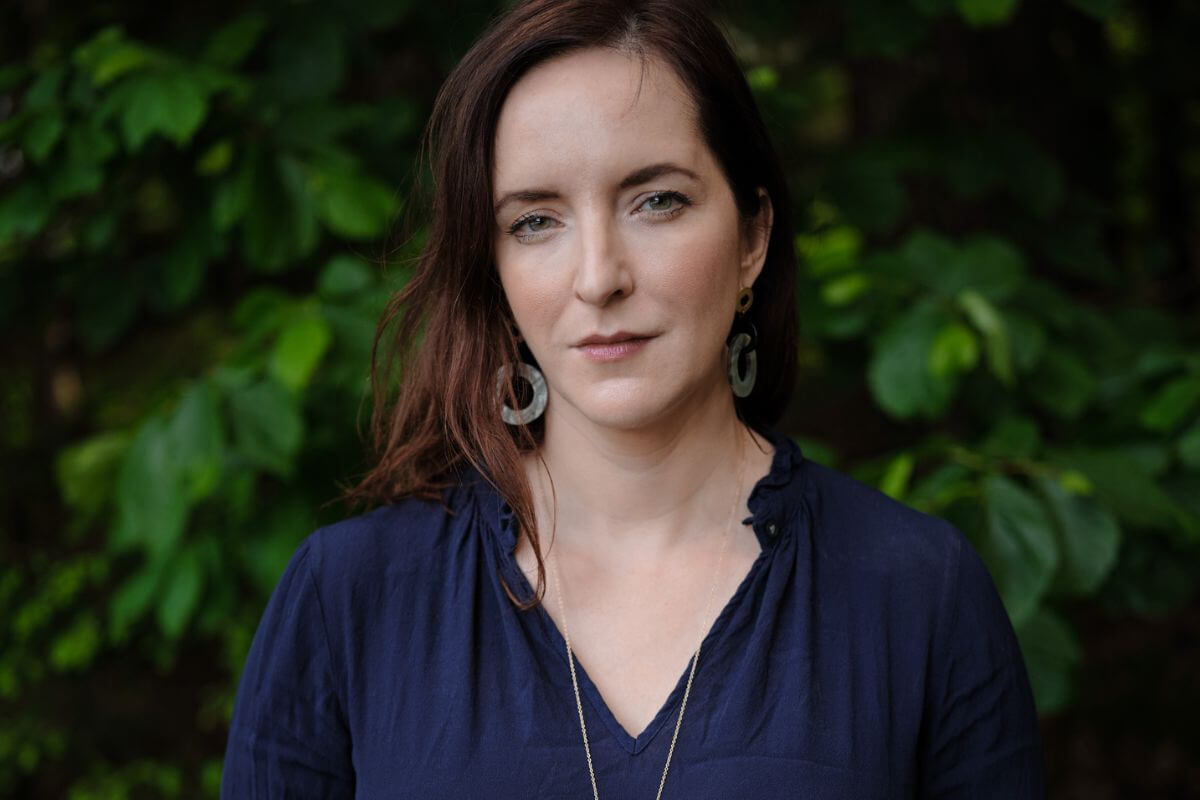

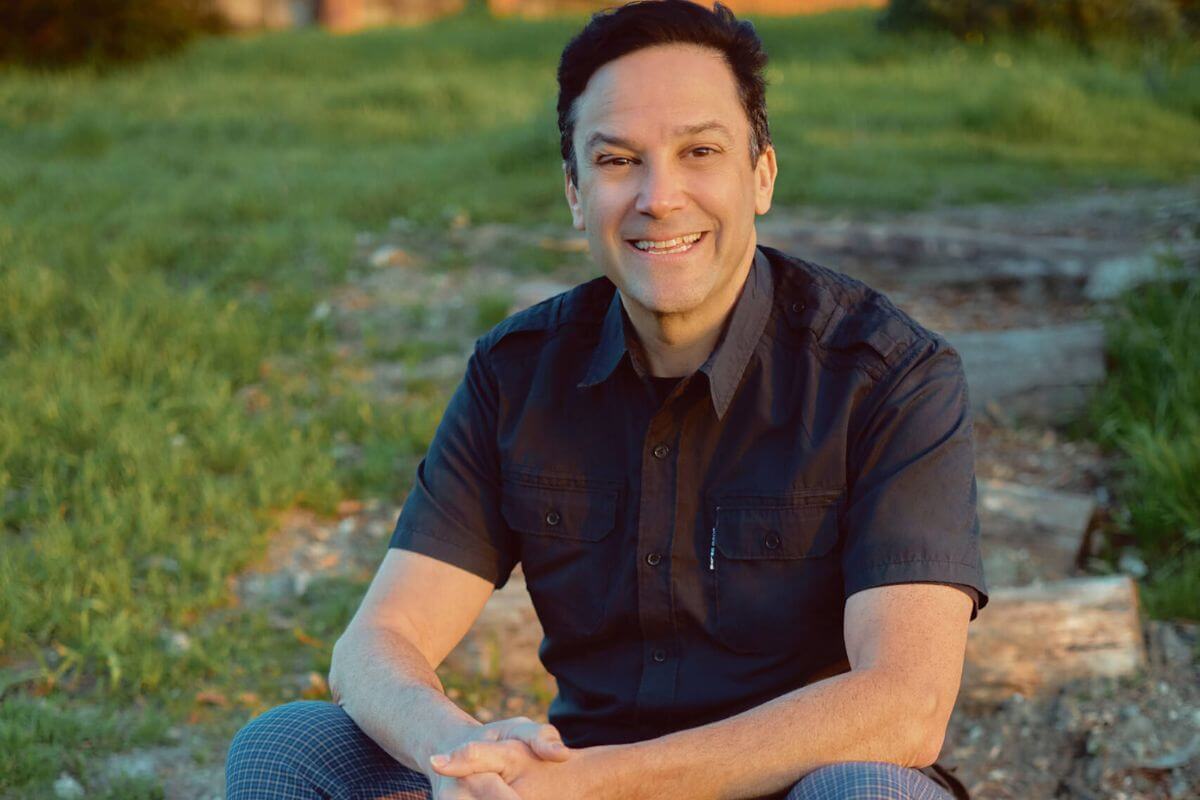


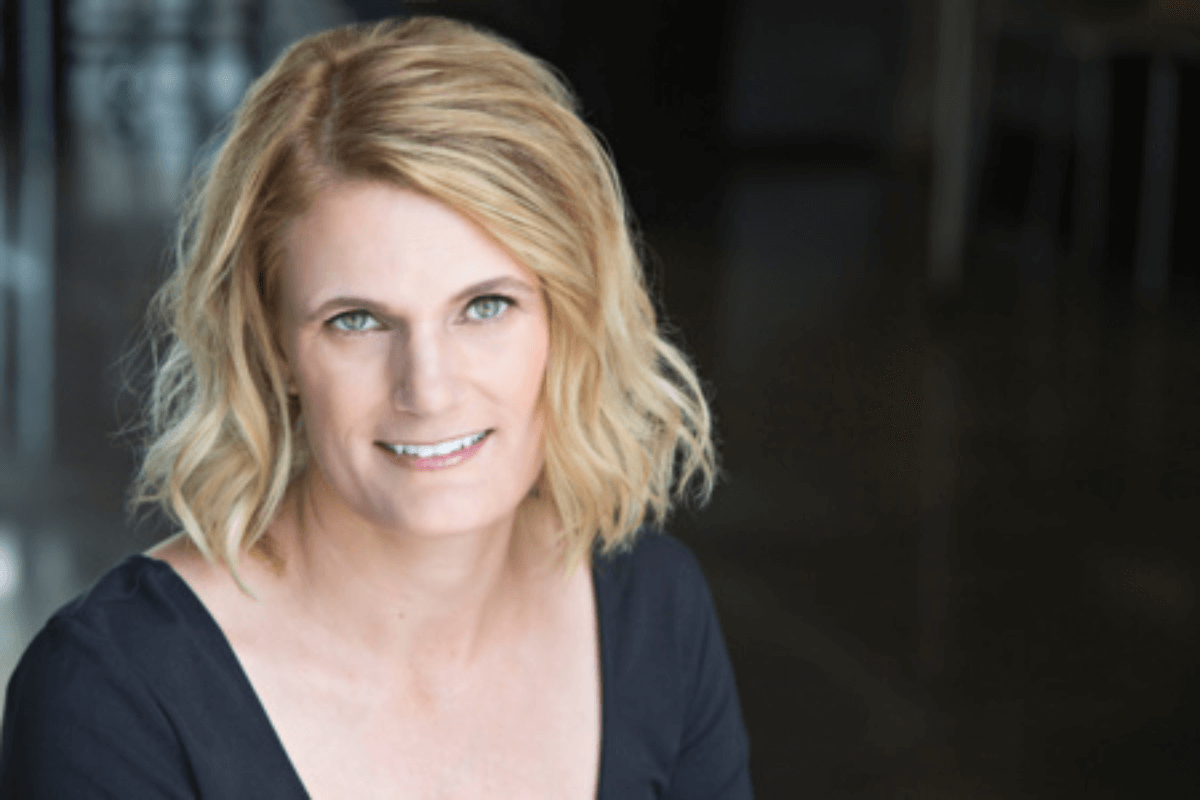

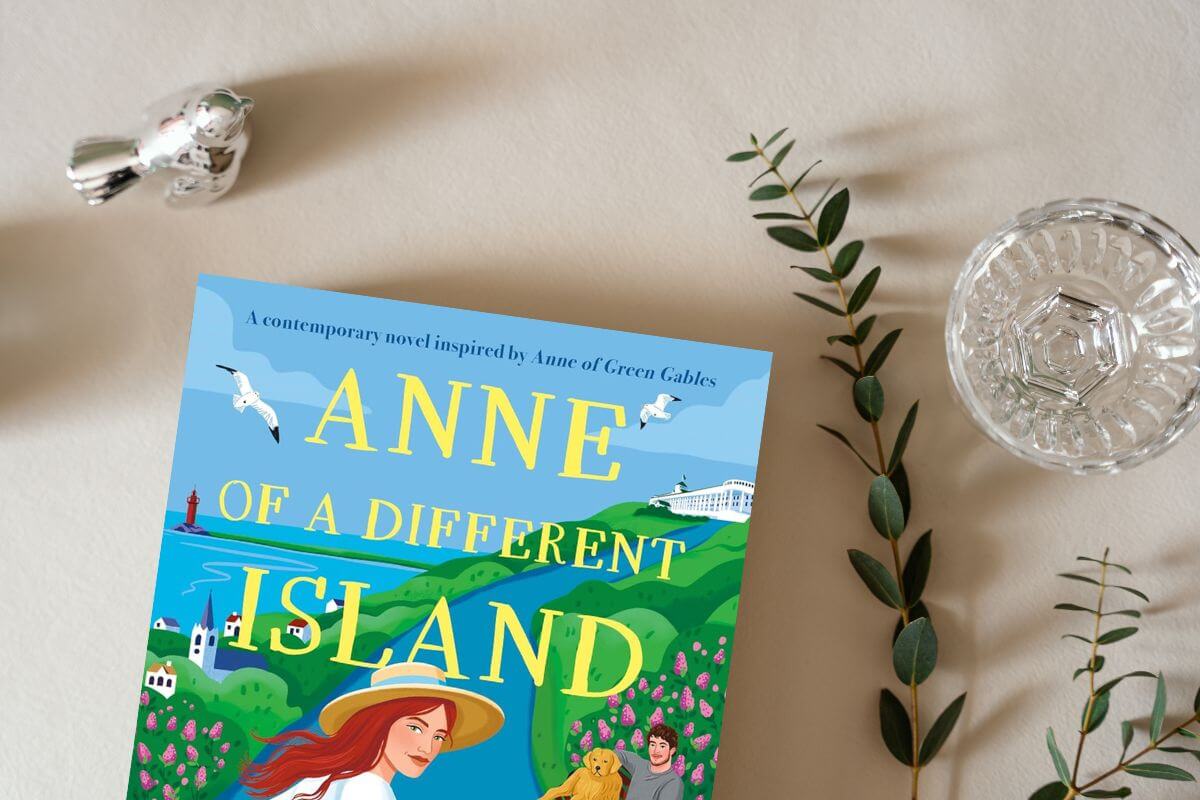


Leave A Comment